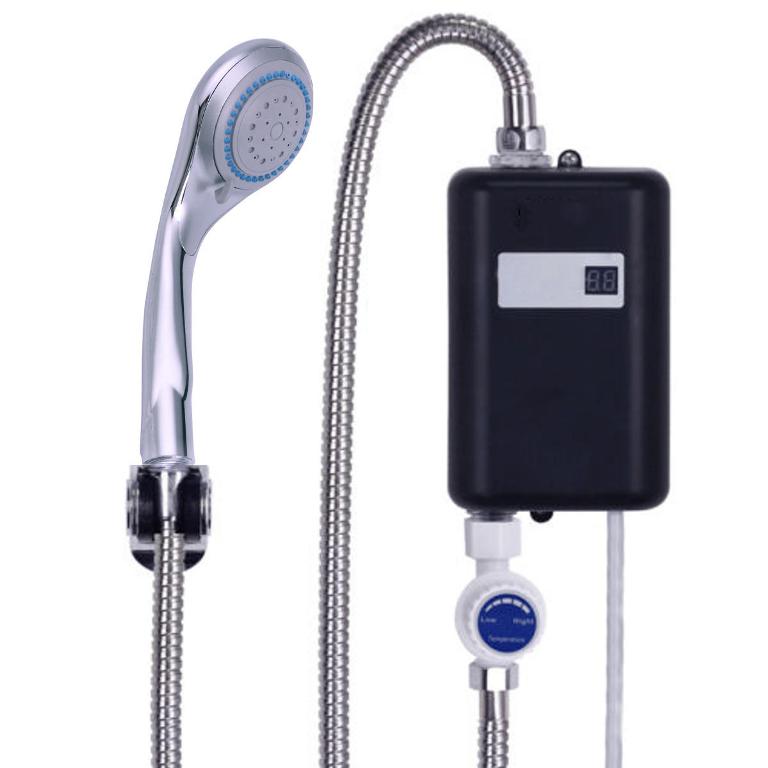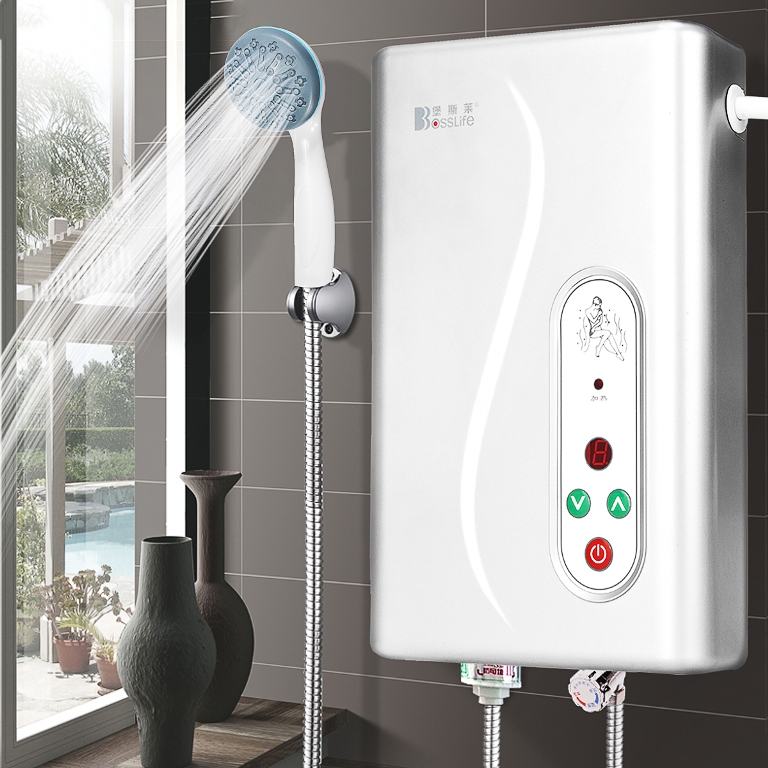When deciding how to provide your home with essentials such as a hot water system, there are a few choices available. Using electricity to heat your water has a number of benefits, and is a safe, convenient, and affordable option for almost any type of dwelling. If you’ve decided on an electric hot water system, GC Hot Water KMSServices can help provide everything you need without the hassle.
If you’re still weighing the pros and cons, think about a few of the benefits of choosing to say “yes” to a new electric hot water system.
1)Electric keeps installation costs low.

There’s a good reason why electric hot water heaters are the most popular option, especially in brand new dwellings. Even though gas water heaters may seem less expensive, quotes rarely include the cost of the extensive piping or the vents that will need to be installed in order to keep a gas water heater operating properly. Installation of an electric hot water heater, on the other hand, is simple and uses what is already set up in your home or office.
Especially if you need a smaller hot water heater, the extra cost of making your space compliant with a gas water heater simply isn’t worth the initial investment. When in doubt, keep it simple.
2)Electric is fast, convenient, and customizable.
Since there are no extra pipes, vents, or complex distribution methods to worry about, the installation of an electric water heater can be done quickly. Even if your home is in need of electrical repair that interferes with the installation, a fairly rare circumstance, the time and expense is still less than what is involved with setting your dwelling up for a gas water heater. Electric water heaters are easily available in a variety of sizes, cutting down your need for special orders and additional waiting time.
3)Electric is the most efficient.
When using a gas water heater, the process of combustion and ventilation allows heat to escape. This results in wasted energy and longer waits for the hot water heater to operate at maximum performance levels. An electric water heater does not require ventilation. Therefore, not only does the tank heat up more quickly, but the heat put off by the process stays inside your home instead of flying out through the vent. Especially if you have a busy family, this can be a wonderful advantage.
4)Electric is a safe option.
Natural gas has a lot of advantages, but the major disadvantage is the concern over safety. Especially in older homes, if the piping or the ventilation does not work correctly, small leaks can turn into dangerous problems. Electrical safety issues tend to be less rare than those associated with natural gas, especially because your wiring must be checked before the installation of your new hot water heater. It’s difficult to put a price tag on peace of mind. In homes with younger children, many feel safer relying on an electric rather than a gas water heater.

5)Electric is widely available to all.
While almost all homes and office spaces make use of the electrical grid for numerous reasons aside from choosing a hot water heater, your property needs to be close enough to a gas source in order to for that to be a viable option. If your home is in a more rural or wooded location, it may be more difficult to find a natural gas hook-up, and propane can be a cumbersome and high-maintenance choice. For the sake of simplicity and ease of upkeep, electric water heaters are the hands-down winner, regardless of where you live.
6)Electric hot water systems last longer.
No matter what your choice, a hot water heating system is an investment that is going to see a lot of wear and tear. It isn’t an inexpensive purchase, but one that is necessary. Obviously, you want the system you choose to last long enough to make the investment worthwhile. Many electric systems will last fifteen years or more, as compared to around a decade for gas. As time goes on and we become more and more concerned about the environment, an electric hot water system keeps things clean with no emissions. For most people, an electric hot water system is the responsible choice for the long-term.






